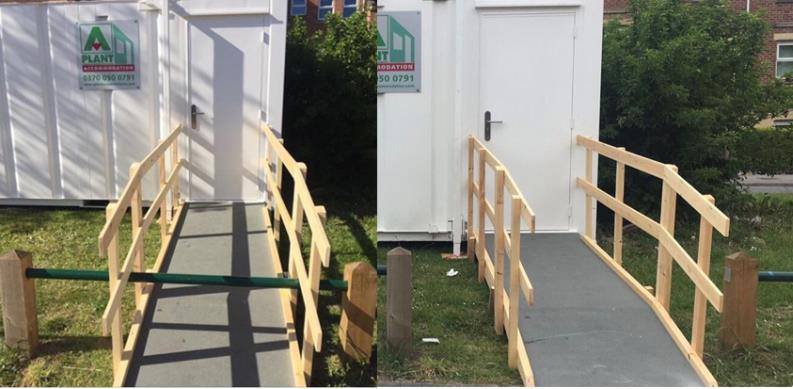By David Spereall, local democracy reporter
Just over 600 would-be-voters across Leeds were turned away at polling stations for not having valid ID at the local elections earlier this month.
The elections were the first in the UK which required people to show a passport, driving licence, or other form of identification before they crossed their ballot papers.
Leeds City Council figures showed 601 residents were initially turned away from polling stations on May 4. More than a third of those – 225 – didn’t return to vote.
Across the city, turnout at the elections was 31.2 per cent, down from 33.7 per cent in 2022.
Although that small drop was reflected across most of the 33 wards in the city, in Beeston and Holbeck turnout was down by nearly a fifth, to 21.4 per cent.
Reacting to the figures, council leader James Lewis said he believed the ID rules had discouraged people from voting and accused the government of “poor communication” over the change.
Ministers said the new requirements were needed to crack down on voter fraud. But critics have pointed to figures showing there were just seven allegations of fraud at polling stations last year, none of which led to prosecution.
Councillor Lewis said: “It was very clear to those of us that were out campaigning on election day that a lot of people weren’t even going to go to the polling station because of the ID issue.
“I’m sure that over a long time the number of cases of voter fraud across the country is fewer than the 600 people in Leeds who were turned away.
“In some cases people had the wrong information about whether or not they could vote, and some people just hadn’t heard about it at all, so it’s a poor communication effort from the government.”
The Electoral Commission said it would look closely at the impact of the new policy, which has divided opinion amongst politicans and the public.
Although a council report before the election said police were preparing for “potential unrest” at polling stations in the city, no reports have surfaced of any aggression or violence towards local staff on May 4.
On polling day itself, voters in Guiseley who spoke to the Local Democracy Reporting Service (LDRS) were split on the new rule.
While some said they felt reassured by being asked to prove their identity, others argued it was an unnecessary measure that could discourage other voters.
And earlier this week, senior Conservative Jacob Rees-Mogg suggested the government’s policy had backfired on the Tories.
Speaking at a conference in London, he said: “We found the people who didn’t have ID were elderly and they by and large voted Conservative, so we made it hard for our own voters and we upset a system that worked perfectly well.”


I found that while talking to people on their doorsteps in the run up to the election there were a significant number of people who didn’t have the ID required and they were not going to try to vote.
While the number of people who turned up and were unable to vote is recorded. The number who knew they would not be allowed to vote so didn’t go to the polling station will never be known.